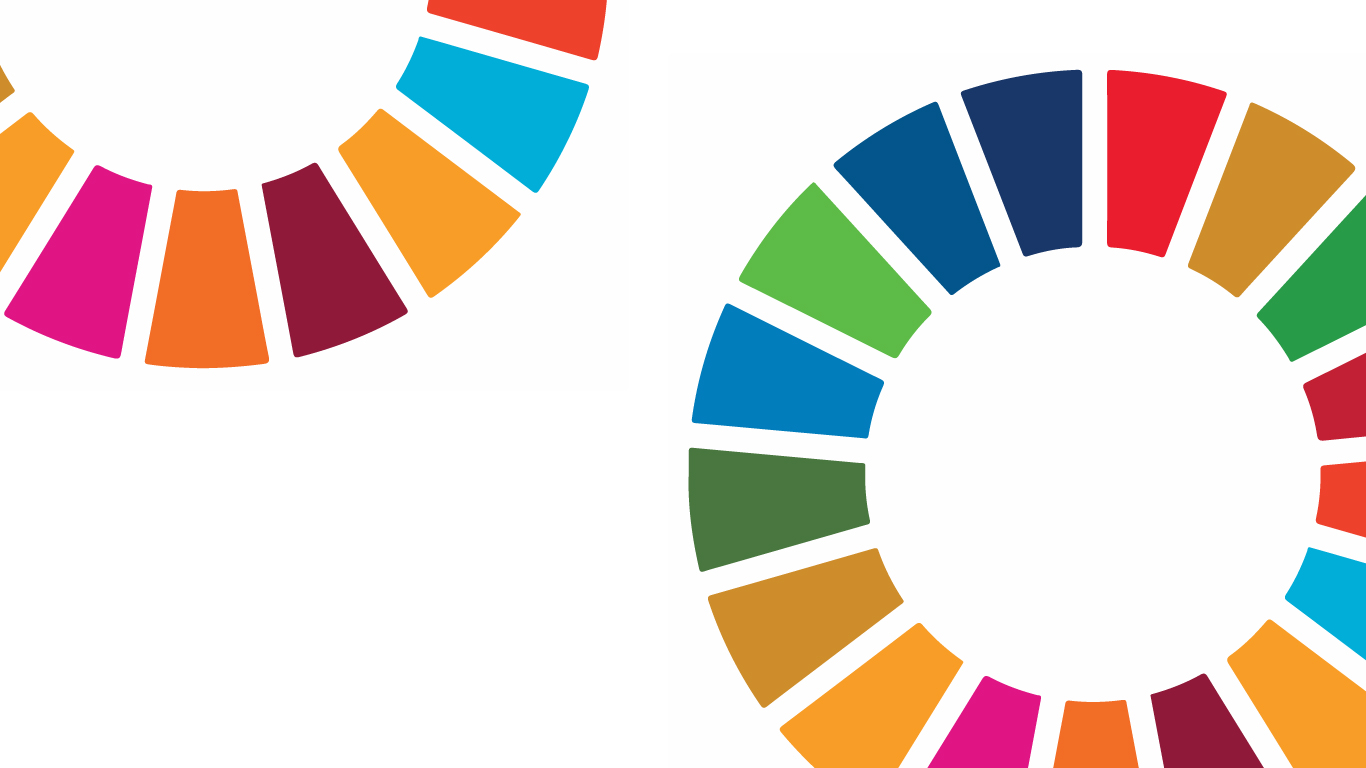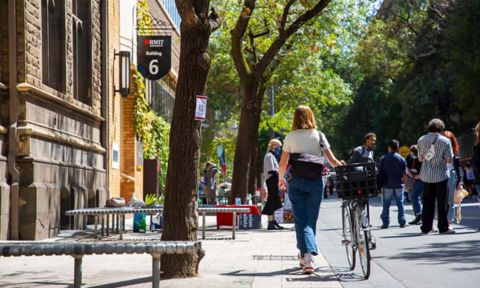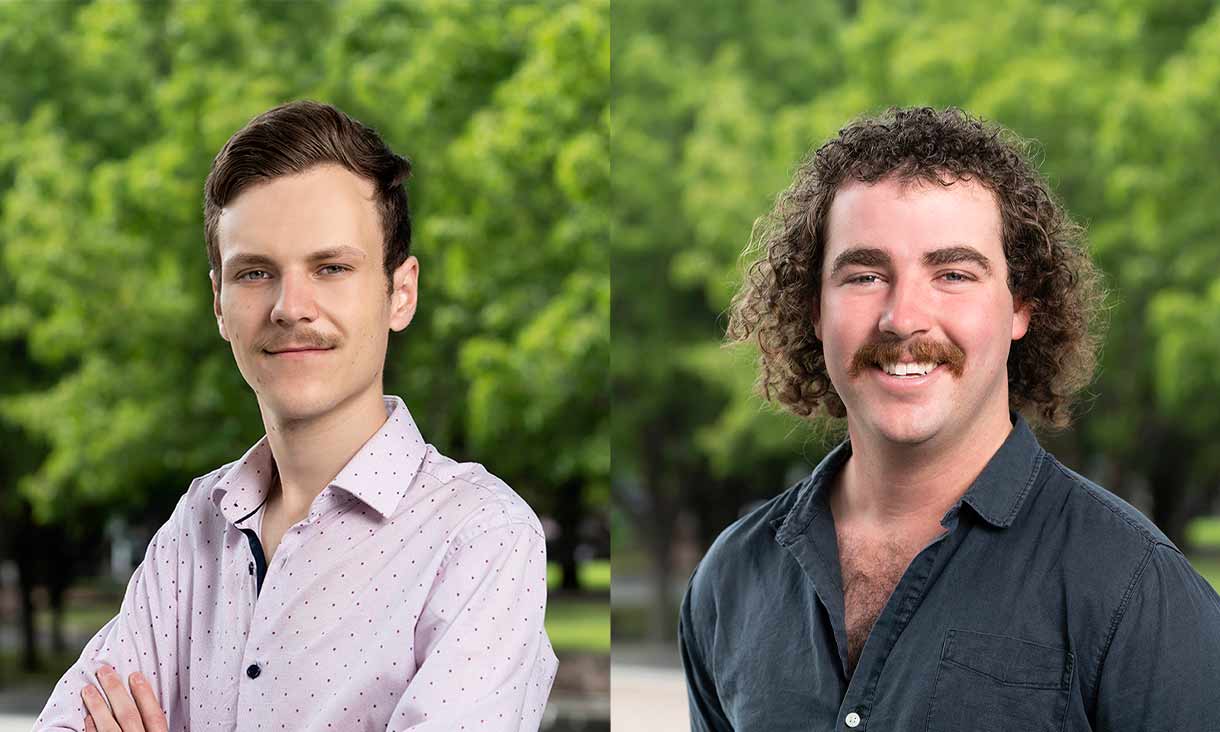The Research Services Office (RSO), in close collaboration with the Schools, strives to develop a research culture at RMIT Vietnam that supports high-quality research impact from PhD and early career research, to partnering in international research projects.
The RSO, a unit of Research and Innovation (R&I) and led by Dr Mahi Narayanan, works closely with academic and administrative leaders from RMIT Vietnam, Australia and Europe, to manage internal research grants, Ph.D. programs and scholarships, research trainings and seminars, research reporting, pre- and post-award support for external grants, promoting research collaborations and partnerships, and advocating for the responsible conduct of research. In doing these, the RSO team works closely with various functions and stakeholders across all three RMIT campuses.
How does your work link in with the Sustainable Development Goals (SDGs) and how is your work influenced by them?
Narayanan and McConachie: The RSO recognises that the SDGs are an effective framework for RMIT to structure its research and ensure that the research priorities continue to evolve and contribute to solving the region’s sustainable development challenges.
RMIT Vietnam is comprised of a multidisciplinary and internationalised cohort of academics and Ph.D. students that form part of the wider impact of RMIT Global, including RMIT Australia and Europe. The RSO is an important liaison that brings together these experiences and partnerships across the private, education, government and non-government sectors. The SDG agenda is an effective way to frame research priority areas and promote research impact across RMIT Global.
The RSO in its role to support the University acts as a centralised repository to ensure our researchers build research teams, and submit research proposals, that best promote our capacity to deliver high-quality research. As a first step of embedding, all internal grants focused at ECRs must articulate the role of the projects in supporting the SDGs.
The SDGs continue to influence how we support research within the schools at RMIT Vietnam, including the hosting of SDG information sessions, mapping the Research Clusters to the SDGs, planning the 2022 Sustainable Development Goals Research Seminar Series, supporting the drafting of proposals that align RMIT Vietnam’s research impact across the University, and liaising with RMIT Europe and Australia to promote a global approach to research.
What was the turning point in connecting your work to the SDGs agenda and what has changed in your work as a result?
Narayanan and McConachie: Research and Innovation is rapidly evolving in Vietnam with great opportunities lying ahead of us. The most important thing is to bring together teams across RMIT Global to equip our researchers to meet Vietnam’s evolving challenges.
To achieve research outcomes with genuine impact in the community, it is essential to promote and incorporate the embedding of SDGs in the research carried out at RMIT Vietnam.
The RSO is staffed by a mix of international and local team members that have studied and worked in universities across the world. As a team, we are motivated to utilise this international experience and support our researchers to contribute to the social and economic development of Vietnam and the Indo-Pacific region. It is this potential to engage in research with a purpose that drives our office to incorporate the SDGs into what we do. Dr Bradley McConachie, for example, moved to RMIT Vietnam from the UNESCO office in Beijing, where he supported the localization of SDG 4 - Quality Education. It is through this lens, that the SDGs influence how he supports the researchers as they develop proposals for external funding.
What are the benefits of using the SDGs in your work?
Narayanan and McConachie: Universities play a key role in accelerating/embedding the achievement of SDGs in the community through incorporation of knowledge and values in the next generation, research and innovation, leadership and community practice.
The SDGs provide a globally accepted framework for priority areas of impact that influence the way in which we structure RMIT Vietnam’s research and publicise its impact in Vietnam.
As much as SDGs look into an integrated approach, RMIT Vietnam promotes cross-disciplinary research areas to attain maximum benefits to 3Ps - planet, people and profits.
Increasing awareness of the SDGs, and how research plays a critical role in meeting these goals, will ensure research conducted at RMIT Vietnam contributes to the global SDG agenda and that our researchers align their research outcomes with the aims of international funding bodies, such as the European Commission’s Horizon Europe program, the US Government’s public diplomacy grants, the Australian Government’s ASEAN and Aus4Innovation grants as some examples.
What do the SDGs mean for RMIT?
Narayanan and McConachie: RMIT is a global university of technology, design and innovation and our students are encouraged to think globally and RMIT Vietnam’s commitment to research impact is no different. There is no doubt that the world is becoming a complex place, and the solutions required to ensure a sustainable and prosperous future, will require a global solution.
At RMIT Vietnam, the RSO partners with the schools to entrench SDGs into our research endeavours. Our research areas span across circular economy, smart cities, climate change, gender quality, culture and creativity, COVID recovery, cybersecurity, artificial intelligence, digital transformation, agriculture and farming and broadly aligns with the ECPs.
RMIT has a vast network of researchers and experts across Europe, Vietnam and Australia that are capable of leading the way. RMIT Vietnam is well-placed to harness this expertise and deliver research impact in Vietnam. The RSO recognises the importance of the SDGs agenda in framing our approach to research and ensuring we promote our strengths while continually building on our capacity to deliver impact across the university.







